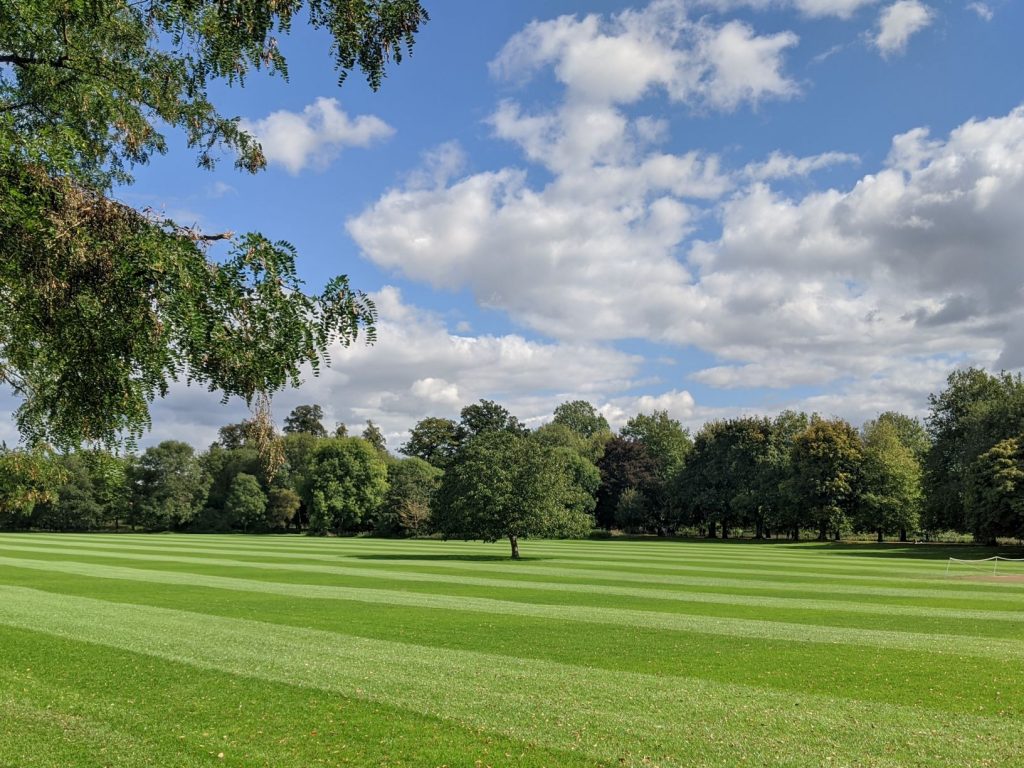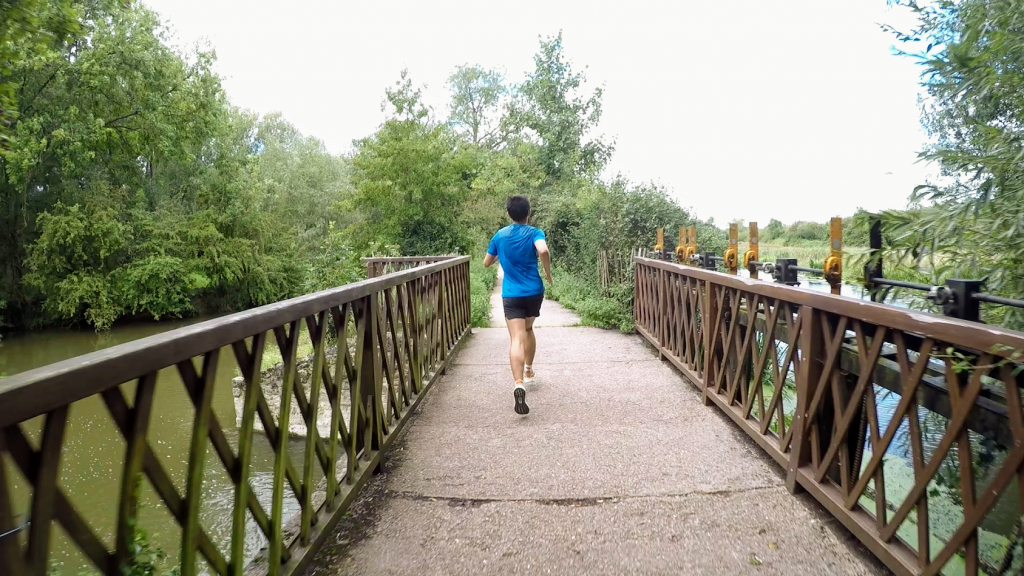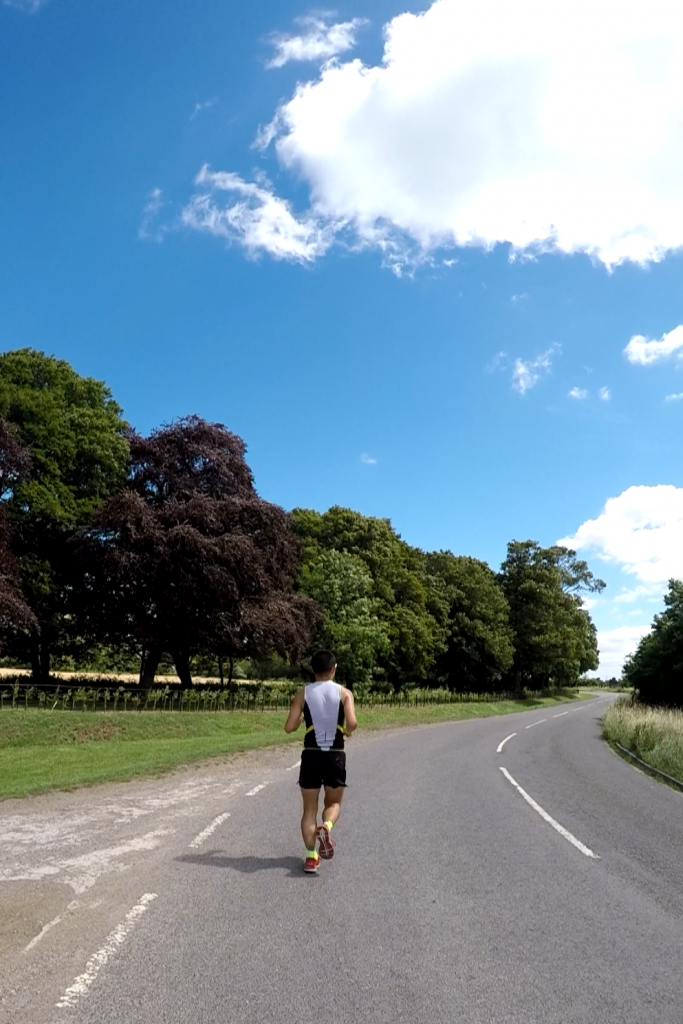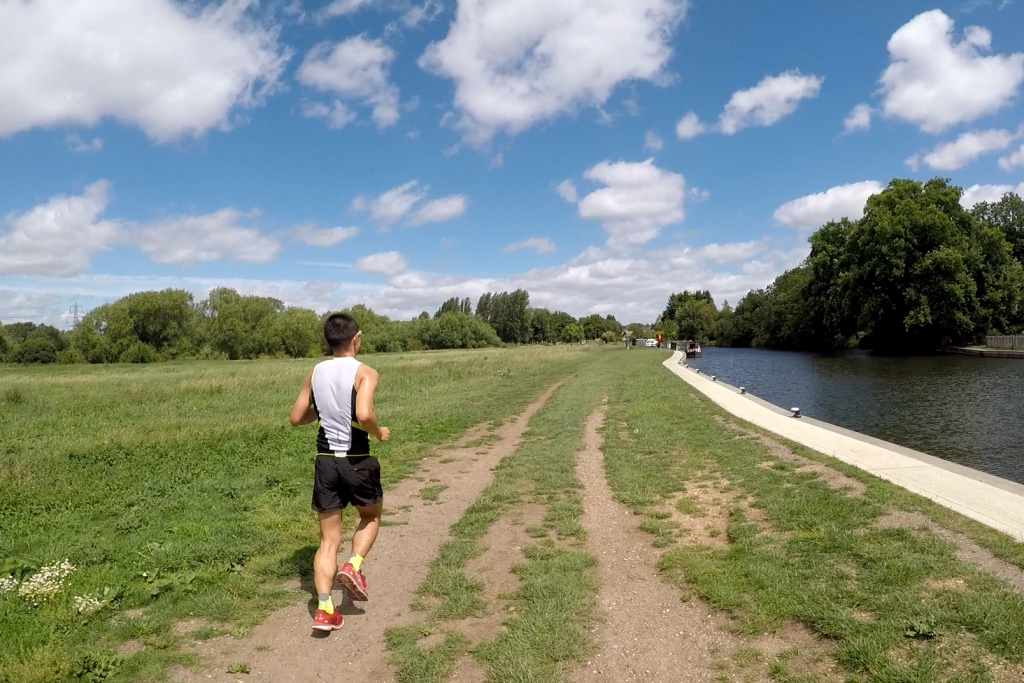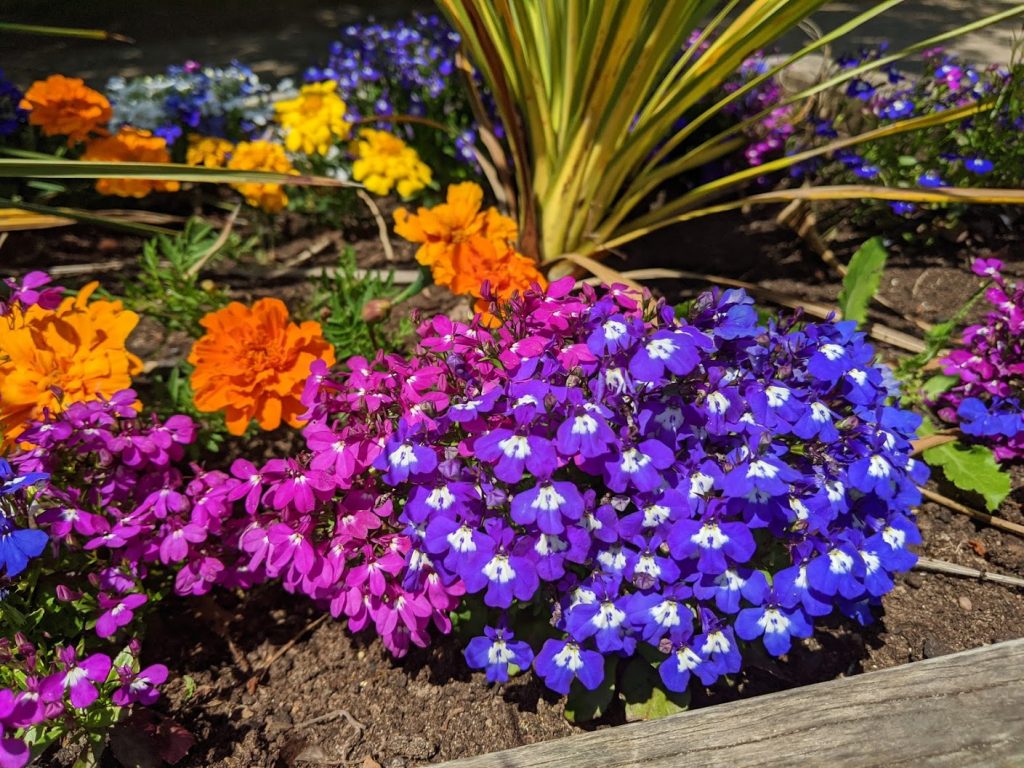Creating copy, companies, or cultures, produces imperfect products. I am grateful to have autonomy in the creative environment of a startup, but so much of what I produce is so very flawed. I seek to balance a necessary awareness of my failures with motivation to carry on in spite of them.
Quote I’m Pondering:
It is not the critic who counts, not the man who points out how the strong man stumbled, or where the doer of deeds could have done better. The credit belongs to the man who is actually in the arena; whose face is marred by the dust and sweat and blood; who strives valiantly; who errs and comes short again and again, because there is no effort without error or shortcoming; who knows the great enthusiasms, the great devotions and spends himself in a worthy cause; who at the best, knows in the end the triumph of high achievement, and who, at worst, if he fails, at least fails while daring greatly; so that his place shall never be with those cold and timid souls who know neither victory or defeat.
Citizenship in a Republic (1910) by Theodore Roosevelt
Delivered at the Sorbonne, Paris, April 23, 1910.
The quote celebrates action, commitment to an attempt. It places failure above inaction, where cynically one could argue that to have tried and failed has the same outcome as not having tried at all. It is encouraging, it inspires action and the continuation of action in spite of criticism.
While I have heard “the man in the arena” quoted in several places, I found the preceding passage of the Bull Moose’s speech interesting:
Let the man of learning, the man of lettered leisure, beware of that queer and cheap temptation to pose to himself and to others as a cynic, as the man who has outgrown emotions and beliefs, the man to whom good and evil are as one. The poorest way to face life is to face it with a sneer. There are many men who feel a kind of twisted pride in cynicism; there are many who confine themselves to criticism of the way others do what they themselves dare not even attempt.
Citizenship in a Republic (1910) by Theodore Roosevelt
Delivered at the Sorbonne, Paris, April 23, 1910.
(emphasis mine)
Over the last few years I have been striving to better respect and understand my emotions, and to hold myself true to worthy beliefs. This quote resonated with me as a criticism of my earlier self, with much less respect for emotion and a much more nihilistic view of belief. It is tempting in today’s political media landscape to take on that cynical view. Perhaps, philosophically, all systems of value are equally justifiable. Perhaps emotions can leave one vulnerable to irrationality and pain. One could maybe live a more comfortable life by facing it with a sneer of indifference. I would rather be marred by dust, sweat and blood, and to have dared in service of a worthy cause.
Don’t Shave the Truth
If you want to be known as honest, then not telling lies is not sufficient… don’t even shave the truth.
What does it mean to hold someone accountable? by Jamie Dimon
In a speech on accountability, it is a useful reminder that to be honest takes more than just saying true things, it is considering how a message is received, it is working to ensure that truths are not told so as to imply a lie.

